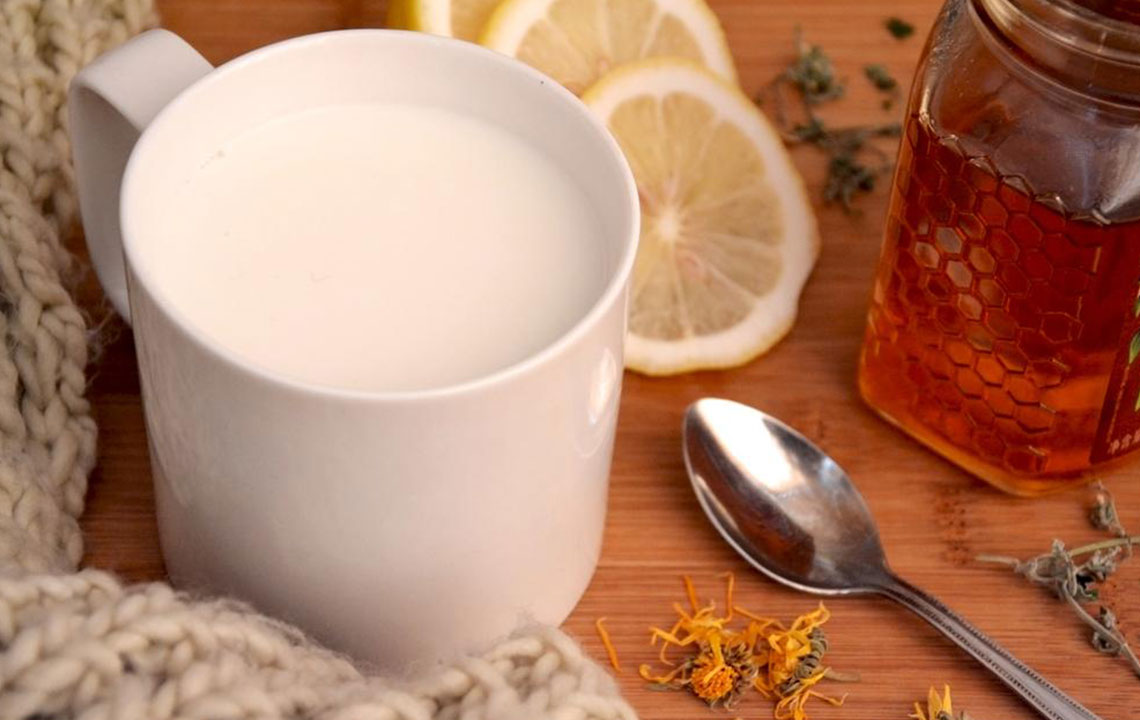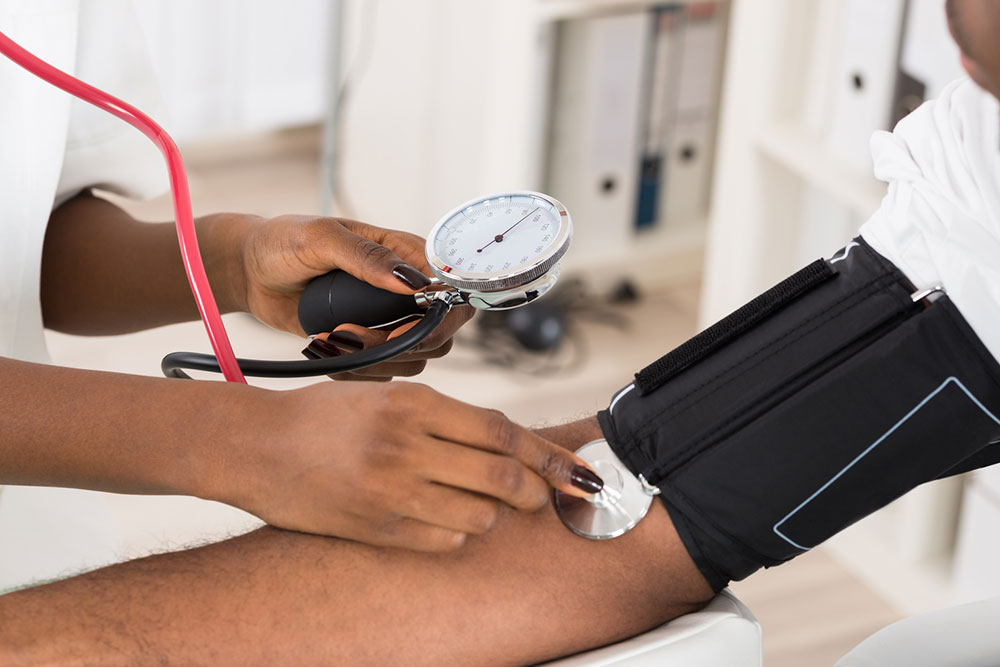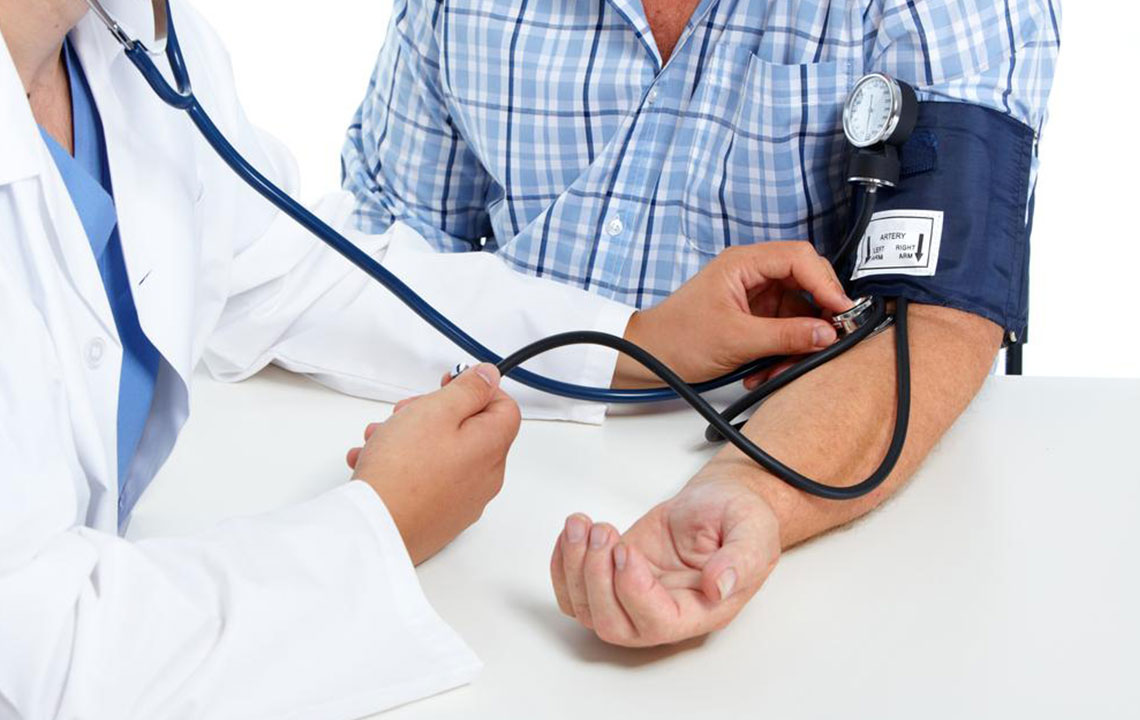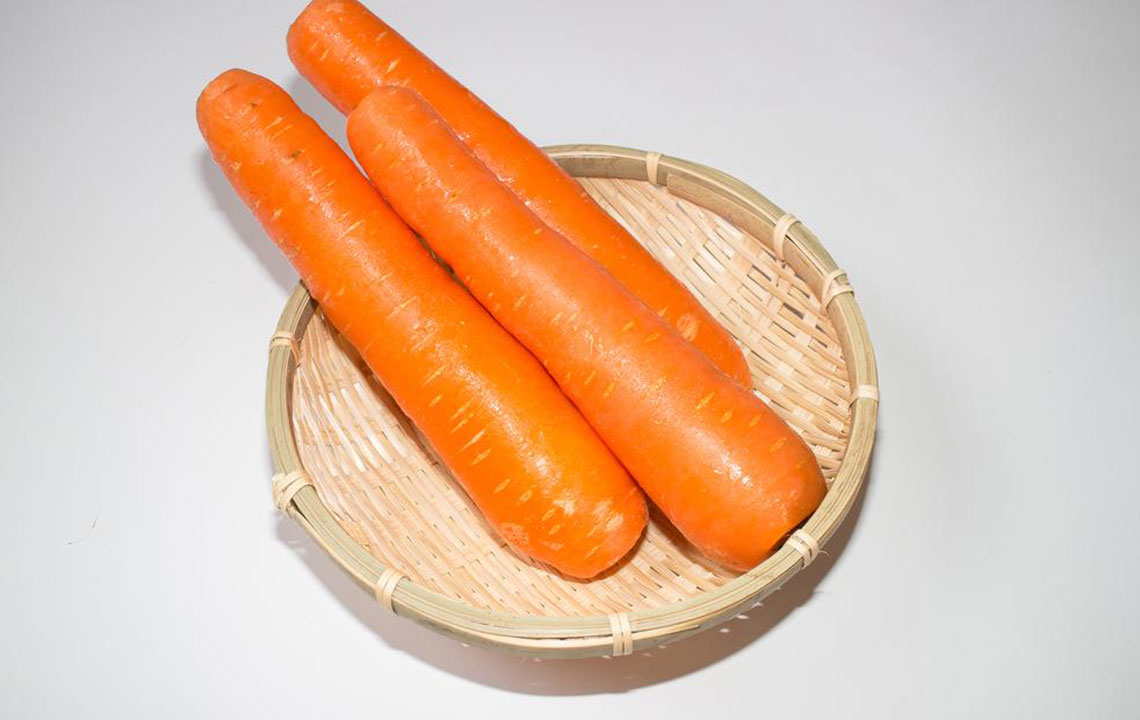Holistic Approaches to Naturally Managing Blood Pressure for Better Heart Health
Discover comprehensive natural strategies to control high blood pressure effectively. This article covers diet, exercise, stress management, and lifestyle tips that help maintain healthy blood pressure levels. Learn how simple, everyday changes can make a lasting impact on your cardiovascular health and overall well-being, reducing the risks of hypertension-related complications without reliance on medication.
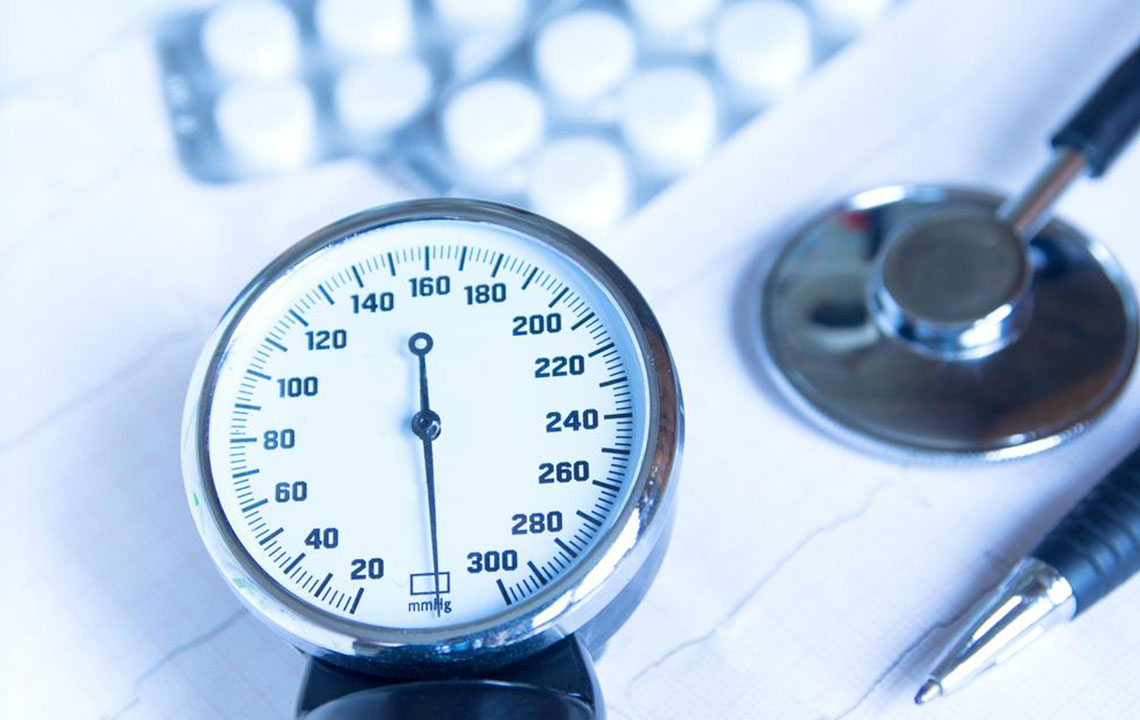
Comprehensive Natural Strategies to Control Blood Pressure Effectively
High blood pressure, also known as hypertension, is a widespread health concern that poses serious risks if left unmanaged. It increases the likelihood of strokes, heart attacks, kidney damage, and other cardiovascular complications. According to medical standards, a blood pressure reading consistently above 140/90 mmHg is classified as hypertension. Despite its prevalence, the exact reasons behind high blood pressure can often be elusive, as genetic, environmental, and lifestyle factors all contribute. However, making informed lifestyle modifications can play a vital role in controlling blood pressure naturally, often reducing or eliminating the need for medications.
Implementing a combination of healthy dietary practices, regular physical activity, stress management techniques, and other natural methods can significantly improve cardiovascular health. These lifestyle alterations have been proven effective, safe, and free from adverse side effects, making them accessible strategies for most individuals seeking a healthier life.
Below are detailed natural methods and practical tips for maintaining optimal blood pressure levels through lifestyle changes:
Achieve and Maintain a Healthy Body Weight
Carrying excess weight increases strain on your blood vessels and heart, elevating blood pressure levels. Obesity also contributes to conditions like obstructive sleep apnea, which can further raise hypertension risk. Losing even a modest amount of weight—around 5-10%—can lead to significant improvements in blood pressure readings. Incorporating a balanced diet and regular exercise can help you reach and sustain an ideal weight, fostering overall wellness.
Engage in Consistent Physical Activity
Adopting a routine that includes at least 150 minutes of moderate-intensity exercise per week, such as brisk walking, cycling, swimming, or dancing, is highly effective. Regular physical activity helps strengthen the heart, improve circulation, and reduce arterial stiffness—all of which contribute to lowering blood pressure. Consistency is crucial; sporadic exercise may not produce the desired results, while a sustained effort leads to lasting health benefits.
Adopt a Nutritious and Balanced Diet
The Dietary Approaches to Stop Hypertension (DASH) diet is particularly recommended. It emphasizes consumption of whole grains, fresh fruits, vegetables, low-fat dairy, nuts, and seeds. Reducing saturated fats and refined sugars further supports healthy blood pressure levels. Gradual dietary changes help establish lasting habits, making it easier to sustain a heart-healthy eating pattern over time.
Limit Sodium Intake
Reducing salt consumption is a proven strategy to lower blood pressure. Processed foods, canned soups, snacks, and fast foods are often high in sodium—reading labels carefully and opting for fresh ingredients can make a significant difference. Aim for less than 2,300 mg of sodium daily, or even lower if advised by your healthcare provider. Cutting back on salt can lead to noticeable improvements in blood pressure readings and overall cardiovascular health.
Practice Stress Reduction Techniques
Stress causes temporary spikes in blood pressure and can contribute to long-term hypertension if unmanaged. Techniques such as mindfulness meditation, deep breathing exercises, yoga, and tai chi promote relaxation and emotional stability. Incorporating these practices into your daily routine can decrease stress hormones and improve your body's response to daily challenges, thereby maintaining healthier blood pressure levels.
Increase Intake of Potassium-Rich Foods
Potassium is a vital mineral that helps negate the effects of sodium, promoting vasodilation and reducing blood pressure. Foods high in potassium include bananas, oranges, tomatoes, spinach, sweet potatoes, yogurt, and beans. Incorporating these into your diet supports electrolyte balance and cardiovascular health while helping to manage hypertension naturally.
Reduce Consumption of Refined Carbohydrates
Foods rich in refined carbs, such as white bread, pastries, and sugary snacks, can cause blood sugar spikes and increased blood pressure. Opting for whole grains, legumes, and nutrient-dense foods stabilizes blood sugar levels and supports overall heart health. Gradually reducing refined carbohydrate intake fosters better blood pressure control over time.
Ensure Adequate Calcium Intake
Calcium plays a role in vascular contraction and relaxation. Deficiencies in calcium can contribute to hypertension. Dairy products like milk, cheese, and yogurt are excellent sources, along with leafy greens such as kale and collards, and plant-based options like tofu fortified with calcium. Maintaining optimal calcium levels supports healthy blood pressure regulation.
Avoid Smoking and Excessive Alcohol Consumption
Smoking directly damages blood vessels, causes immediate and sustained increases in blood pressure, and accelerates cardiovascular disease. Limiting or quitting smoking is essential for better blood pressure management. Similarly, excessive alcohol intake raises blood pressure and hampers medication effectiveness. Moderation or abstinence from alcohol can significantly improve blood pressure readings and overall cardiovascular health.
Regularly Monitor Your Blood Pressure
Keeping track of your blood pressure at home using a reliable monitor helps you understand your baseline levels and the impacts of lifestyle changes. Regular checkups with healthcare providers enable early detection of any issues and adjustments to your management plan, fostering proactive health maintenance.
Incorporating these natural methods into your daily routine can empower you to manage blood pressure effectively and reduce dependence on medications. However, always consult healthcare professionals before making significant lifestyle alterations to develop a personalized and safe plan tailored to your specific health needs.

